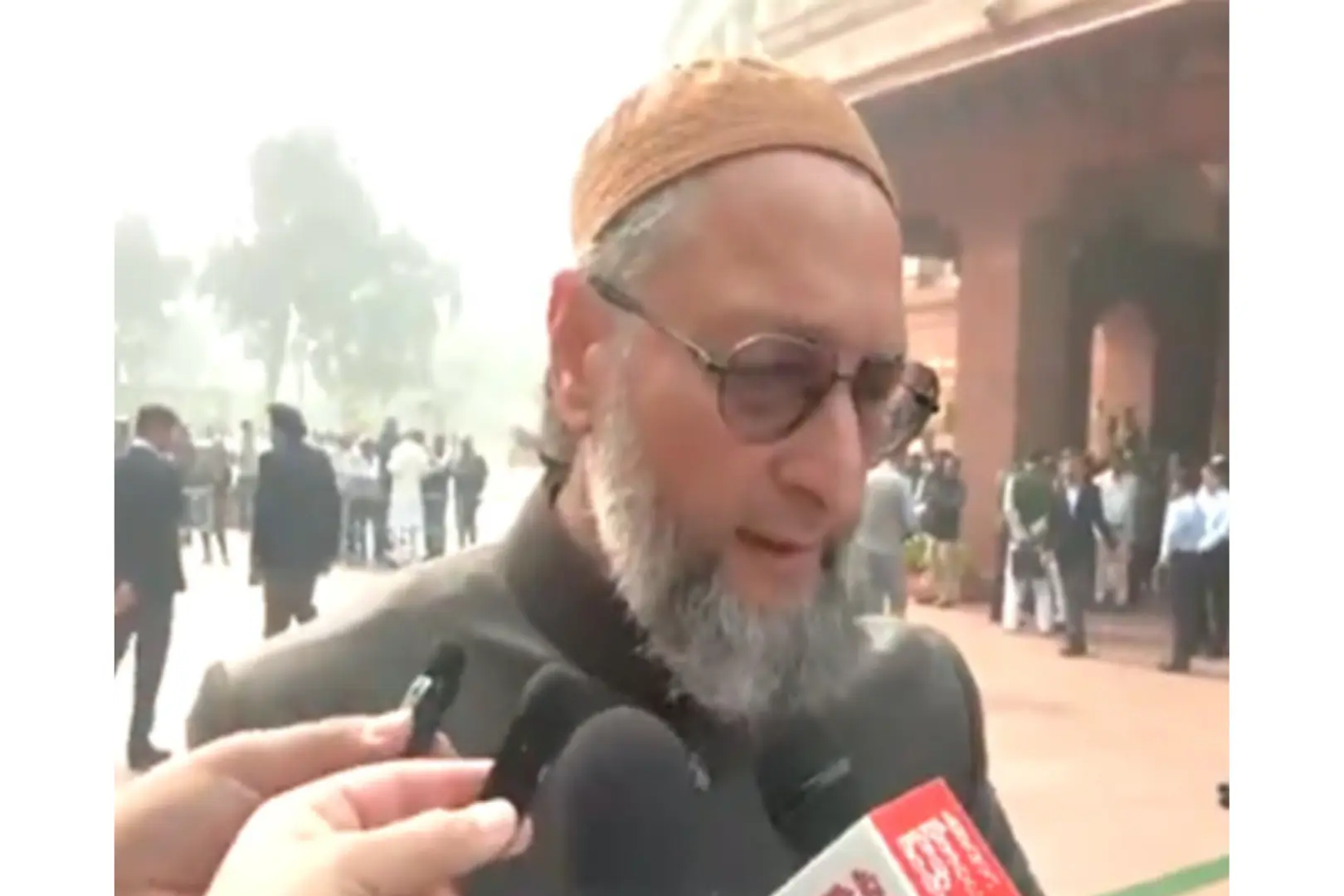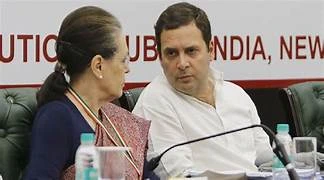25-Nov-2024, 02:41 PM
Asaduddin Owaisi, the leader of the All India Majlis-e-Ittehad-ul-Muslimeen (AIMIM), has voiced strong opposition to the recently proposed Waqf (Amendment) Bill, 2024, describing it as a “grave violation” of Article 26 of the Indian Constitution. This article guarantees every religious denomination the right to manage its own affairs in matters of religion, including the administration and ownership of property. Owaisi’s concerns reflect broader apprehensions regarding the implications of the bill for Muslim communities and their rights over Waqf properties.
The Waqf Act, originally established in 1995 and amended in 2013, governs properties dedicated for charitable purposes in Islam. The proposed amendments introduce significant changes that critics argue undermine the autonomy of Waqf boards and increase government interference. One contentious aspect is the inclusion of non-Muslim members in Waqf management bodies, which Owaisi contends directly infringes upon the religious rights of Muslims.
He argues that such provisions dilute the control that Muslims rightfully have over their religious endowments, fundamentally altering the character of Waqf governance.Moreover, the bill empowers district collectors to determine whether a property is classified as Waqf or government land. This shift raises concerns about potential misuse of authority and encroachment on Muslim properties, especially given recent instances where minority-owned properties faced threats from local authorities. Critics assert that this could lead to arbitrary decisions that favor government interests over community rights.
Owaisi also highlighted that the removal of requirements for a Muslim CEO in Waqf boards further marginalizes Muslim representation in managing their own religious affairs. The proposed amendments appear to centralize power within governmental structures, which many believe could exacerbate existing vulnerabilities faced by Muslim communities.The opposition to the bill is not limited to Owaisi; various political leaders have echoed his sentiments, arguing that the amendments threaten India’s secular fabric and violate fundamental rights enshrined in Articles 25 and 30, which protect religious freedoms and minority rights. They contend that effective governance should not come at the cost of undermining religious autonomy.
In summary, Asaduddin Owaisi’s condemnation of the Waqf (Amendment) Bill underscores significant concerns regarding state intervention in religious matters and its potential consequences for Muslim communities in India. The ongoing debate highlights a critical intersection between governance, religious rights, and community autonomy in India’s diverse socio-political landscape.





